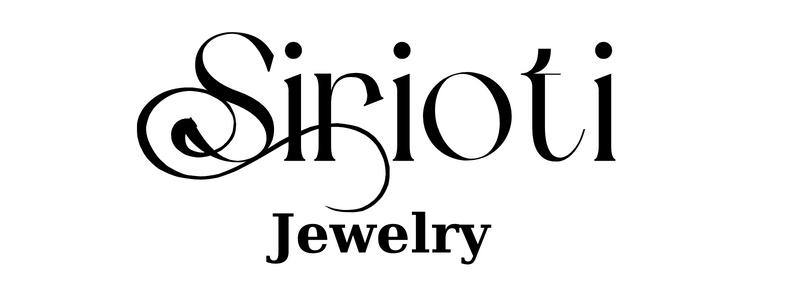Table of Contents
- Introduction to Centaurs
- Origins and Mythological Background
- Notable Centaurs in Greek Mythology
- Centaurs in Ancient Greek Culture
- Symbolism and Interpretation
- Centaurs in Modern Media
- Conclusion
Introduction to Centaurs
Centaurs are one of the most fascinating creatures in Greek mythology. These half-human, half-horse beings have captured the imagination of people for centuries. In this blog post, we will explore their origins, notable figures, cultural significance, and their portrayal in modern media.

Origins and Mythological Background
Centaurs, known as kentauroi in Greek, are often depicted as wild and unruly, embodying the untamed forces of nature. Their origins are steeped in myth, with some legends suggesting they are the offspring of Ixion and a cloud made to resemble Hera. Another version claims they are the children of Centaurus, who mated with the Magnesian mares.
Notable Centaurs in Greek Mythology
Chiron
Unlike his savage kin, Chiron is known for his wisdom and kindness. As a teacher and healer, he tutored many great heroes, including Achilles, Asclepius, and Hercules. Chiron's knowledge in medicine and his noble character set him apart, making him a revered figure in mythology.

Nessus
Nessus, in contrast, is remembered for his darker role in the myths. Known for his encounter with Hercules, Nessus attempted to abduct Hercules' wife, Deianira. Hercules fatally wounded him with a poisoned arrow, and in his dying moments, Nessus tricked Deianira into believing his blood would ensure Hercules' fidelity. This ultimately led to Hercules' demise.
Centaurs in Ancient Greek Culture
Centaurs were often depicted in ancient art, symbolizing the duality of man's nature. In pottery, sculpture, and mosaics, they were shown in various scenes, from battles with heroes to teaching future warriors. Their representation in art highlights their cultural significance and the complex view Greeks had of these creatures.

Symbolism and Interpretation
Centaurs embody the struggle between civilization and barbarism, intellect and primal instinct. They are seen as a metaphor for human nature's dual aspects, reflecting both the capacity for wisdom and the potential for wild, unchecked behavior.
Centaurs in Modern Media
From literature to films, centaurs continue to captivate audiences. In C.S. Lewis' "The Chronicles of Narnia" and J.K. Rowling's "Harry Potter" series, centaurs are portrayed as wise and noble creatures, echoing the traits of Chiron. Their enduring presence in modern media underscores their lasting impact on popular culture.
Conclusion
Centaurs remain a powerful symbol in Greek mythology, representing the complex interplay of human and animalistic traits. Their stories, whether of wisdom or savagery, continue to inspire and intrigue us. Understanding these mythical beings offers insight into the ancient Greek worldview and their interpretation of human nature.
Interested in Greek Mythology ? Visit our blog here

